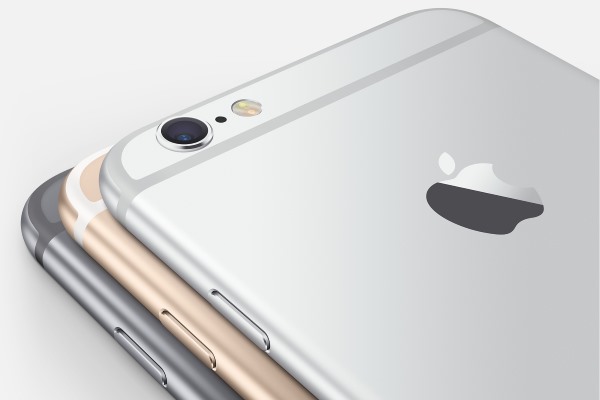
Apple hit with $234 million charge for patent infringement
A jury has ordered Apple to pay $234 million to the Wisconsin Alumni Research Foundation after an earlier ruling that the company had infringed patents. A few days ago it was found that Apple had used technology owned by WARF in iPhones and iPads chips.
The resulting charge is much lower than the $862 million that had previously been suggested; it is also less than the $400 million WARF had been seeking in damages. Apple intends to appeal against the verdict, but there is still another court case looming.
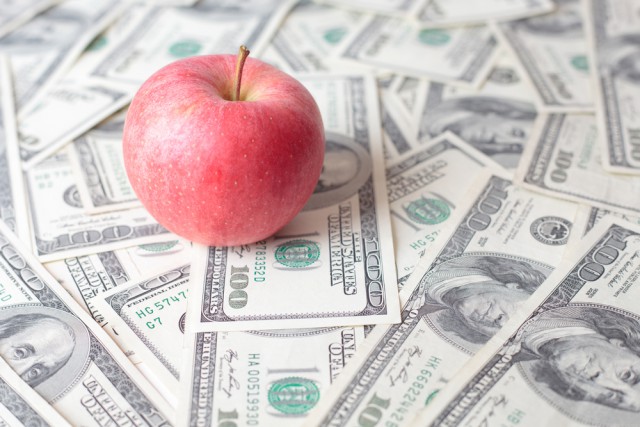
App Store revenue is 80 percent higher than Google Play
App Annie has released its mobile app market report for Q3, and the headline news is that Apple continues to make more money with iOS, whereas Google’s download numbers are increasing with Android.
It is, though, the money made which really counts, and the global indexed revenue from Apple’s App Store is now 80 percent higher than Google Play, according to App Annie’s figures.
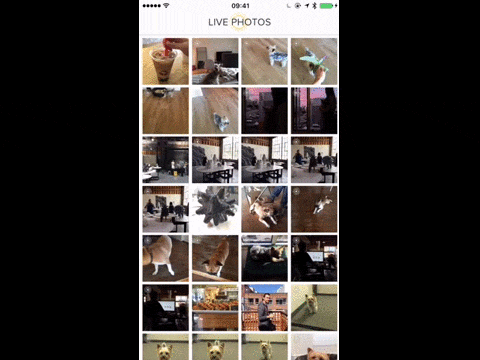
iPhone 6s users can now share Live Photos as animated GIFs
Live Photos is one of the big new features available in Apple’s latest iPhones. As a quick refresher, these are a cross between a photo and a video -- 1.5 seconds of footage is recorded before and after the shot is taken, and when you press down hard on a Live Photo, using 3D Touch, it plays.
There is one big problem with Live Photos though, and that’s while you and other iOS 9 and Mac OS X El Capitan users can enjoy them in all their animated glory, share one with users on other platforms -- Windows or Android, for example -- and all the recipient will see is the standard still image. Where's the fun in that? Thankfully, Live Photos can now be shared as animated GIFs. Here’s how.
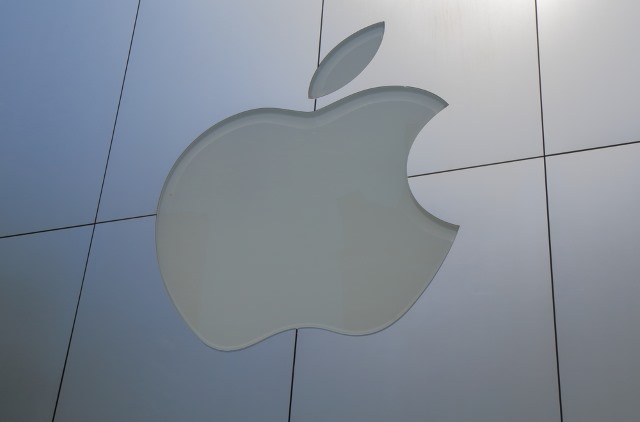
Apple faces $862 million bill as iPhone and iPad chips infringe patents
A jury has decided that Apple infringed on patents owned by the Wisconsin Alumni Research Foundation. The A7, A8, and A8X processors used in iPhones and iPads since 2013 included technology owned by the University of Wisconsin-Madison's licensing arm.
US District Judge William Conley had previously indicated that Apple could be hit with a bill of up to $862.4 million, but it is now down to the jury to determine the levels of damages that must be paid. The chips feature efficiency-improving technology, and can be found in some iPads as well as the iPhone 5s, 6, and 6 Plus.
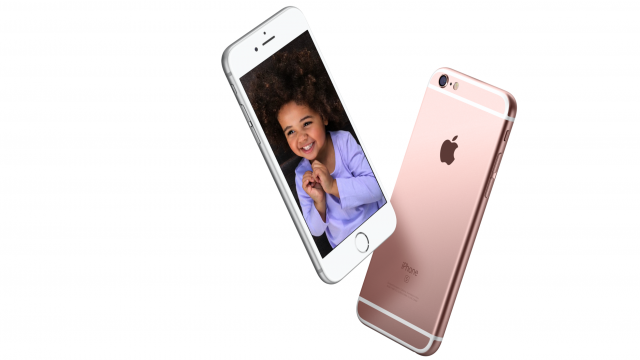
iPhone 6s camera isn't the best there is, but that's fine
No matter which flagship smartphone you get, you are very likely to be happy with its camera quality. According to DxOMark, this year's crop of premium handsets from Apple, Google, LG, Motorola, Samsung and Sony is extremely close in terms of photo and video quality.
But, while other makers have shown major improvements in this area over their previous efforts, Apple seems to have stagnated with its new iPhone 6s, which is no more better than last year's iPhone 6 despite having a new rear-facing camera. (DxOMark has not yet tested the iPhone 6s Plus phablet, but it is unlikely to be significantly better than its predecessor either.)

Apple's no longer court monitored in ebook antitrust case
Apple’s e-book division will no longer be overseen by a court-appointed monitor after the US Justice Department ruled that the company had made improvements to its antitrust compliance program.
Despite the positive outcome for Apple, the Justice Department was critical of the company’s "challenging relationship" with the appointed monitor Michael Bromwich, claiming that the iPhone maker "never embraced a cooperative working relationship".
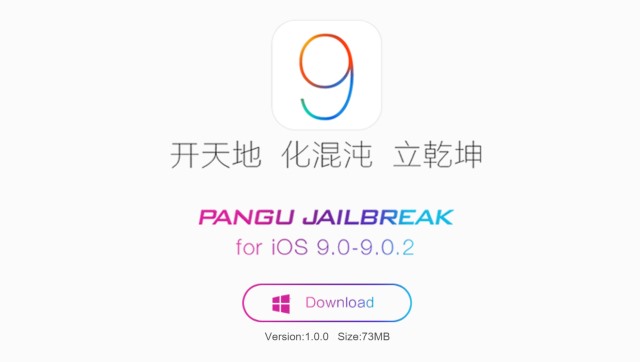
How to jailbreak iOS 9 with Pangu
As with every previous version of iOS, it had to happen -- jailbreak instructions for iOS 9 have been released. Rumors have been circulating for a little while that a group called Pangu was on the verge of releasing a jailbreak tool, and now it's available.
Pangu Jailbreak for iOS 9 cracks open iOS in next to no time, opening up the possibility of installing apps and applying tweaks that would not otherwise be possible. Whether you're rocking a new iPhone 6s or iPhone 6s Plus, or you have an iPad or older handset the whole process can be over in less than five minutes. Here's what you need to do.

Elon Musk changes tune of Apple talk
Tesla and SpaceX chief executive Elon Musk has been dropping quite a bit of shade on Apple over the past few months, claiming the company is a graveyard for sacked Tesla employees and that he is not afraid of a car built by the same engineers that created the Apple Watch.
On Twitter earlier this week, he backtracked on those claims, saying he does not hate the company. Musk said that Apple had a lot of talented engineers, the Apple Watch has an excellent design, and he is glad they’re working on an electric car.
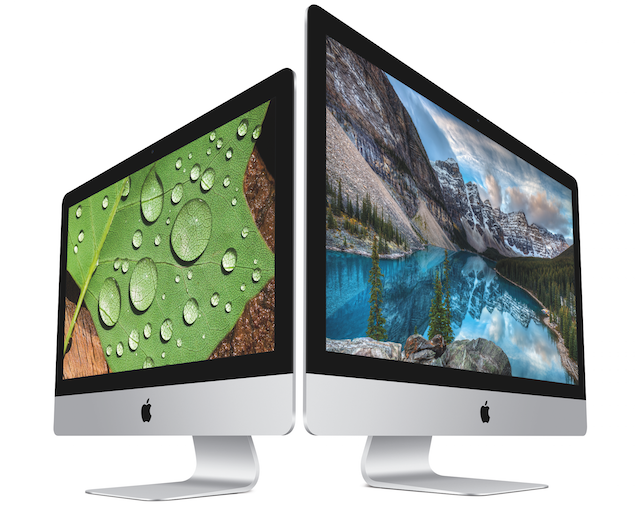
Apple refreshes iMac line with Retina displays, faster hardware, new peripherals
Apple has refreshed its iMac line for late-2015, making Retina 5K displays standard on 27-inch models and introducing a new 21.5-inch version with a Retina 4K screen. The new iMacs also get faster processors and graphics, new internal storage options and two Thunderbolt 2 ports.
The Retina 5K display was first available on a more-expensive 27-inch iMac, initially priced starting at $2,499, that Apple introduced a year ago, and is now being made available as standard equipment on iMacs costing as little as $1,499. Meanwhile, the Retina 4K display is available for the first time on a 21.5-inch iMac, be it as an option.
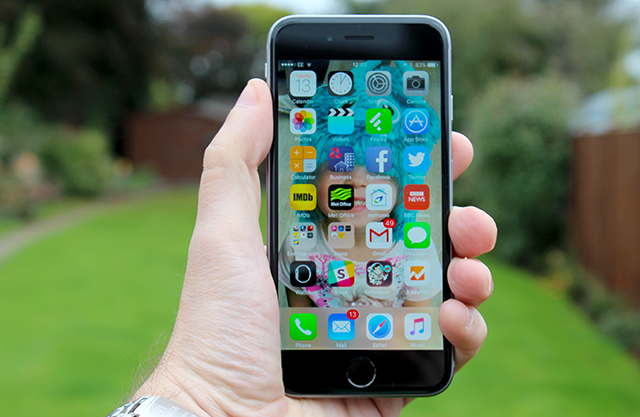
iPhone 6s: Touching the future [Review]
I could have reviewed Apple’s new iPhone as soon as it came out, but I preferred to wait until I’d spent a decent amount of time with the device. My initial thoughts weren’t all that favorable, thanks to a bug that affected the mobile data feature, but Apple thankfully corrected this problem fairly swiftly and that’s the only major fault I’ve encountered to date.
Apple says with the iPhone 6s, "the only thing that's changed is everything", but that’s a bit of an exaggeration seeing as the phone looks pretty much identical to its predecessor, and sports the same 4.7-inch 750x1,334 screen (326 ppi).
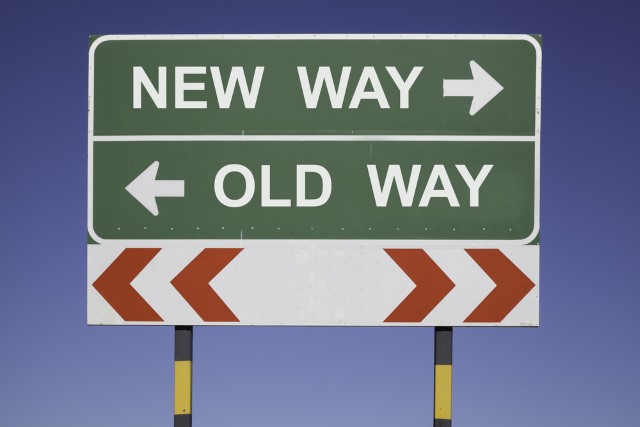
Would you rather disable your adblocker or pay to access content?
German tabloid Bild has made a bold move with its website -- blocking anyone using an adblocker from accessing content. Visitors to the site who want to use a tool such as Adblock Plus are now faced with a stark choice: add Bild.de to a whitelist so ads are displayed, or cough up for a €2.99 monthly fee to remove ads.
This is not a move that -- at the moment at least -- every website could get away with. Bild finds itself in the unique position of being the top-selling tabloid newspaper in Europe; it can afford to lose a few visitors with this experiment. With adblocking back in the limelight at the moment, it's time to ask the question: would you rather disable your adblocker or pay to access content?
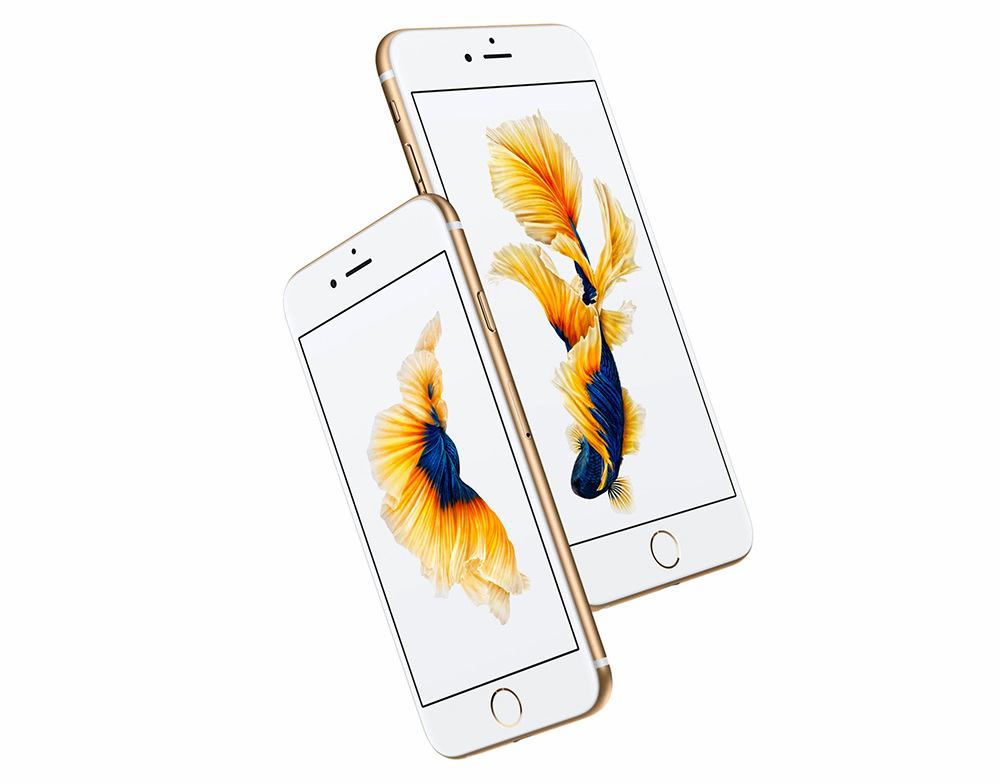
How to find out if your iPhone 6s has a 'good' or a 'bad' chip
As you may have read, there are two different versions of the A9 processor powering Apple’s new iPhone 6s and 6s Plus. One chip is made by Samsung (fractionally smaller), and the other by TSMC.
Apple says there’s no real difference between the processors (it used two different manufacturers to avoid supply issues), but it’s reported that devices with the TSMC processor run cooler and can give users up to 2 hours of additional battery life. There’s no way of knowing which processor your iPhone has simply by looking at it, but there is a simple trick you can use to find out what’s inside.
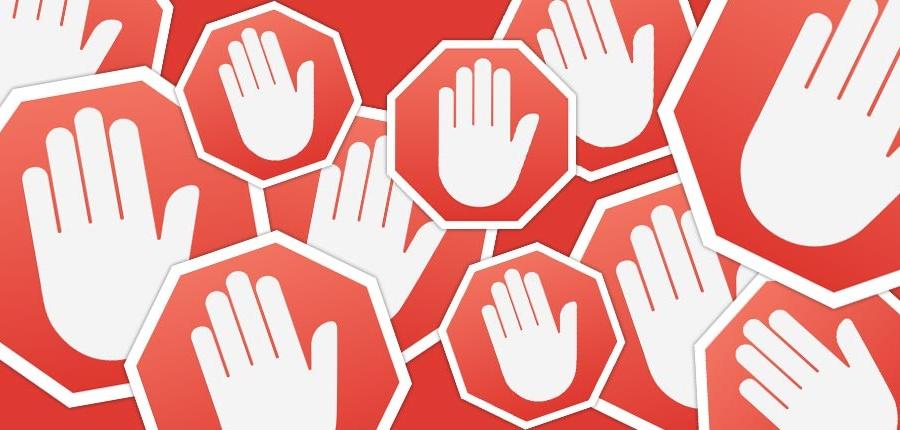
Panic over: iOS adblockers fail to trigger the 'adblockolypse'
For a company that doesn’t rely on advertising to make its money, Apple was never going to lose anything by allowing adblockers into the App Store unlike, say, Google.
Still, the recent move has certainly proved divisive. On one hand, websites that rely on advertising to survive have been bracing themselves for a loss of revenue, while many iPhone users have welcomed the change. Web pages reportedly load quicker in Safari without adverts, and if you’re on a capped mobile data plan you’ll benefit from the savings created by not downloading ads. The big question was always whether the move would impact advertisers in any meaningful way, and the early indications are that it has certainly made a difference, although it’s far from the "adblockolypse" many predicted.

Mozilla sets out its proposed principles for content blocking
With Apple embracing ad blocking and the likes of AdBlock Plus proving more popular than ever, content blocking is making the headlines at the moment. There are many sides to the debate about blocking ads -- revenue for sites, privacy concerns for visitors, speeding up page loads times (Google even allows for the display of ads with its AMP Project), and so on -- but there are no signs that it is going to go away.
Getting in on the action, Mozilla has set out what it believes are some reasonable principles for content blocking that will benefit everyone involved. Three cornerstones have been devised with a view to ensuring that content providers and content consumers get a fair deal, and you can help to shape how they develop.
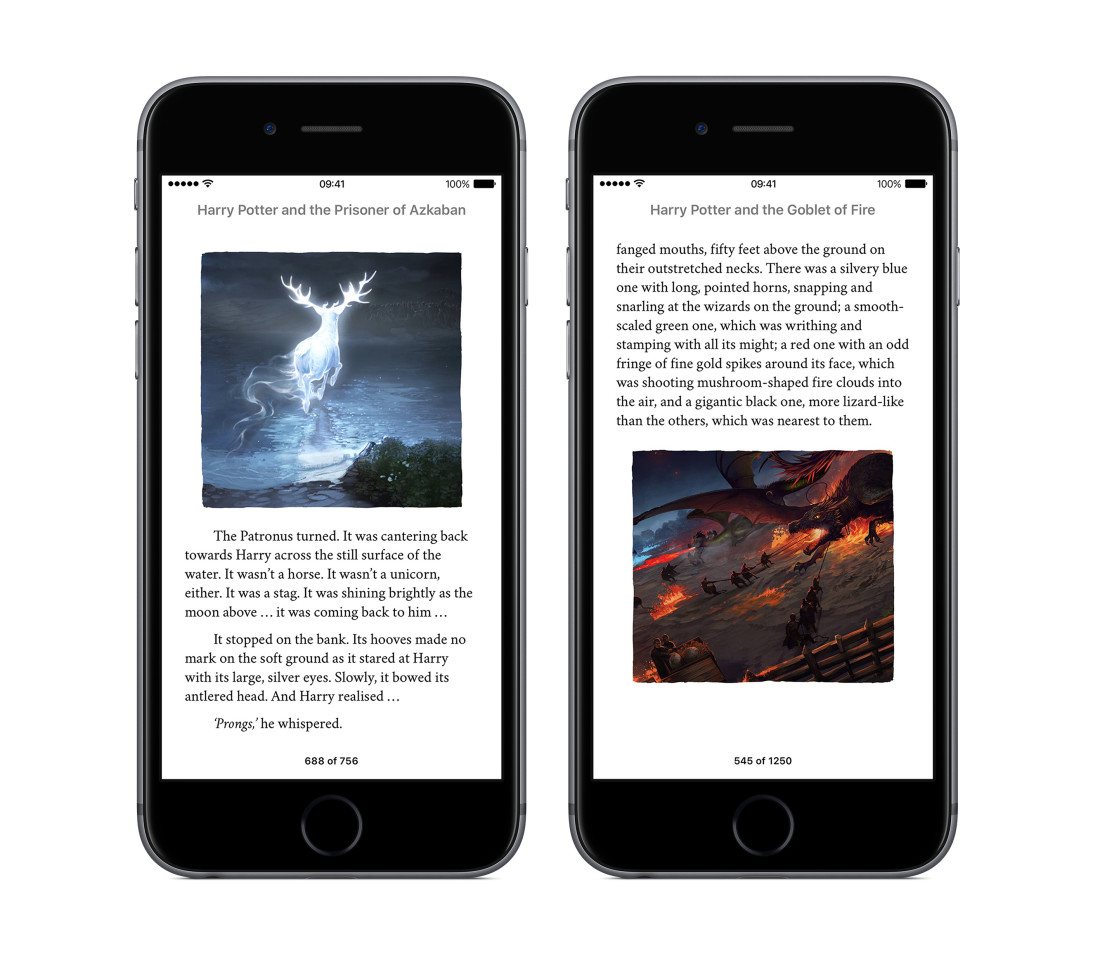
Android is for Muggles -- Harry Potter 'Enhanced Editions' for Apple hardware only
While I was a bit old for the Harry Potter books when they first came out (so I thought at the time), I did enjoy the films. As someone who is extraordinarily average, I can understand the allure of a character like Harry, who goes from nothing to greatness.
Reading the series has been on my to-do list for quite some time now, as many people tell me it is not a children's-only affair. Today, Apple announces that it is enhancing the Harry Potter books on iBooks only. If you own a Mac, iPhone, iPad or iPod touch, you can experience the stories all over again, or for the first time, in the best way possible.
